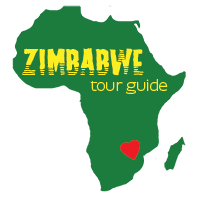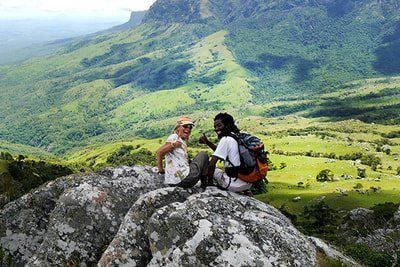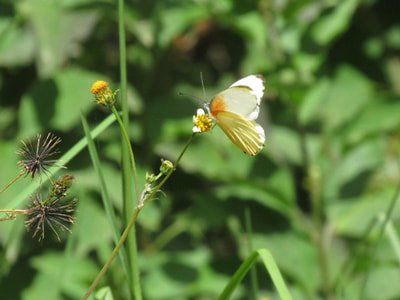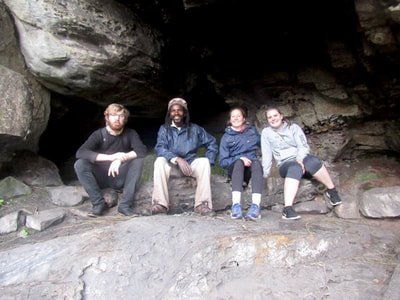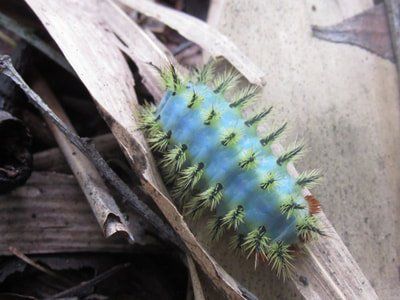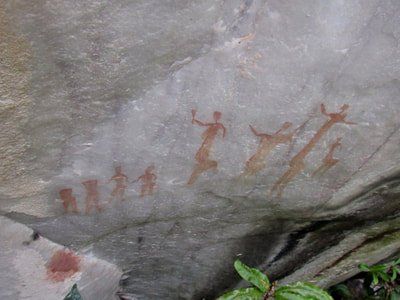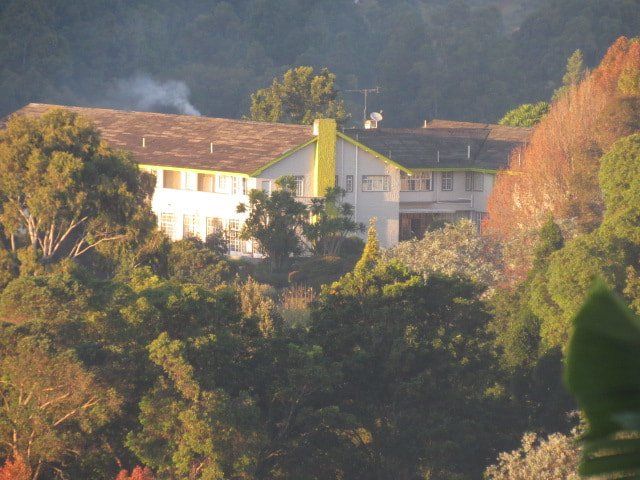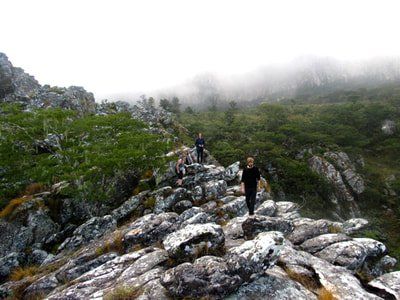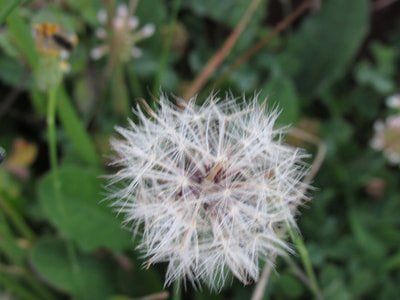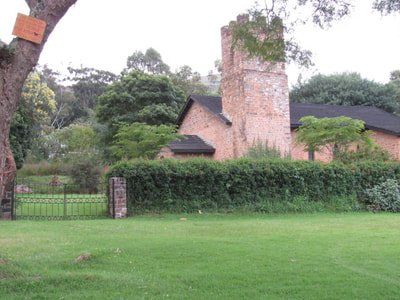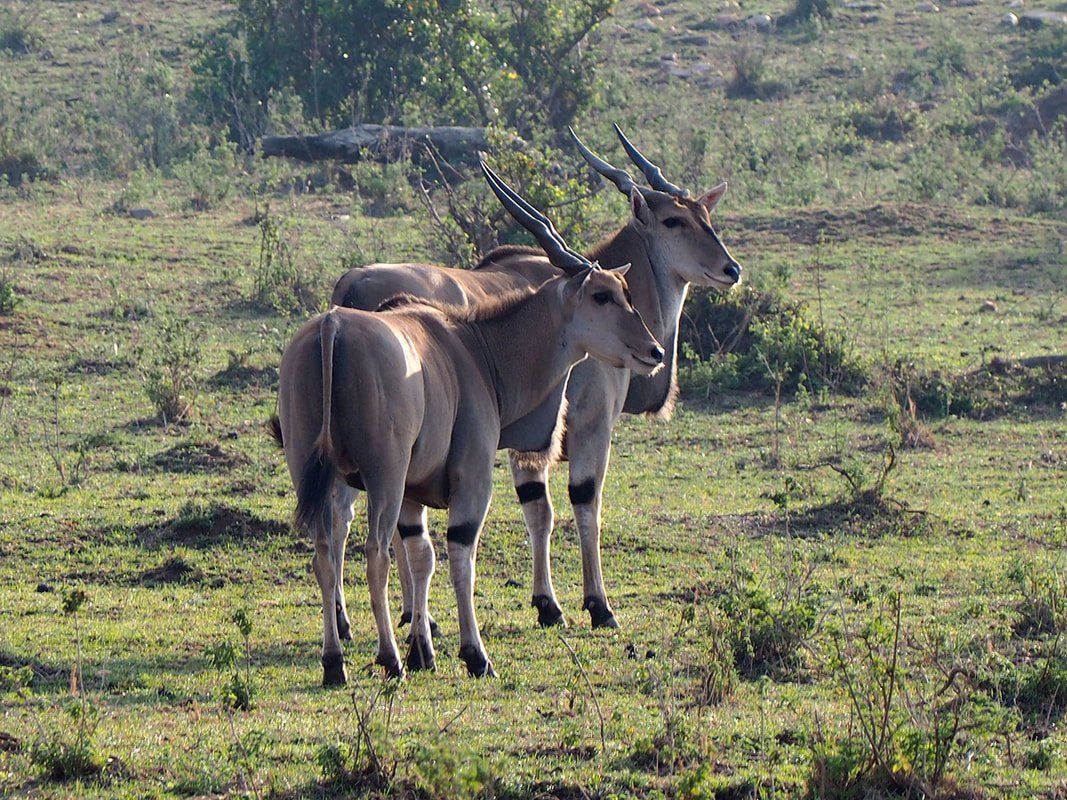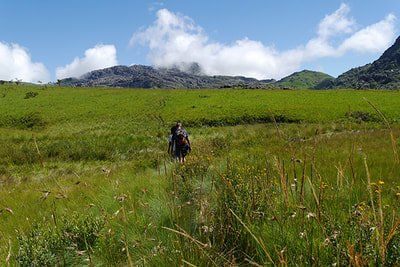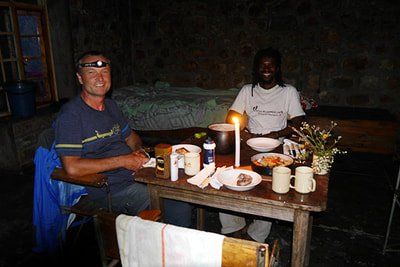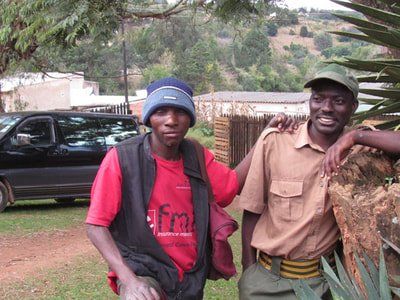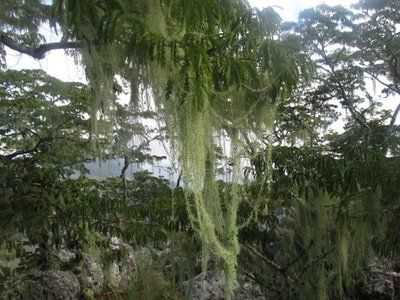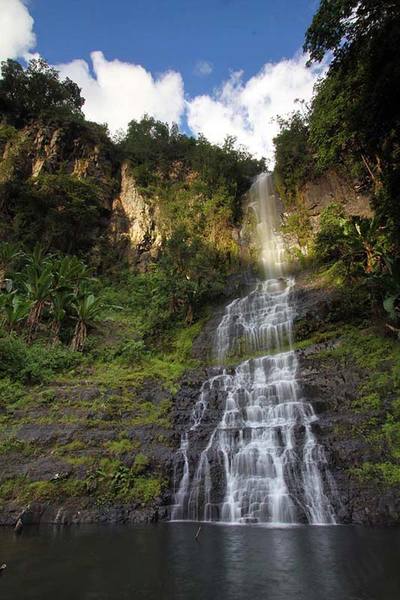About Me
I have lived in this area of Zimbabwe for my entire life. I know the places, the people, the culture and the best parts of Chimanimani region. I've been guiding for around 24 years and have a wealth of knowledge and experience in this area.
I'm a family man and live just over the mountain from the main Chimanimani village. My wife and I are trying to put all our children through school with the hope that they are exposed to a wide range of opportunities not just here in Chimanimani, but in greater Zimbabwe as well.
My oldest son often works with me (in school breaks) and if you have a car and would like to visit my family, you are always welcome. Both my parents are living with HIV, and with thanks to the modern antiretroviral medications have lived far longer and with much better quality than might have been otherwise.
I like to keep busy so when I'm not working with tourists, I am working on our family home.
Why Me?
To begin with, using a guide for the national park will greatly improve your overall experience.
Within the park there are ancient cave paintings that you will never find on your own, 5 different paths just to mountain hut alone, some of which are very challenging. On top of that we have a sacred bubbling pool from which we believe the water is as pure as it can be. This is a very tightly held local secret, however I can show you the pool and its bubbling powers.
Camping in one of the caves seems like a simple decision, however some of these caves can become outlets for water collected from the mountains during the rains so you need to be very careful where you lay your head. I'm well versed in which caves are safe and which may not be, so having a guide doesn't just enable you to see the best parts of the national park, it will keep you much safer.
On top of that, this is my home, my land and my livelihood, so trusting me to show you the best qualities of Chimanimani may be the best decision you make.
171
SQUARE KILOMETERS OF NATIONAL PARK
19
KM'S FROM THE VILLAGE TO THE PARK
2436
MT BINGA METERS ABOVE SEA LEVEL
50
KM'S OF BORDER WITH MOZAMBIQUE
CLIMATE
TEMPERATURES
Daily winter temperatures can range from 7°C to 20°C. In the summer, they range from the mid-teens to mid-twenties °C. Our average temperature range only varies by around 7°C however winter is the time for hiking. We can get a lot of rain in the summer months (from November to March) and while the temperature doesn't get too high, it can get very humid. That leaves our winters dry and clear. The perfect hiking weather.
RAINFALL
Prepare yourself for rain if you are coming in the summertime, as it generally rains every few days, and usually for several hours at a time. January and February are usually our wettest months however - this is weather - you just never really know!
ABOUT CHIMANIMANI
Chimanimani District is in the province of Manicaland, in eastern Zimbabwe and is renown for its stunning mountains.
The Chimanimani National Park region which consists of mountains of rifted quartzite block, is only a few kilometres from the border of Mozambique. Situated in the southernmost area of the Eastern Highlands, Chimanimani NP is a terrific area for all kinds of nature activities. Hiking, Birdwatching & camping are popular with tourists and the national park is only 19kms and easily accessible from the main village.
The highest mountain in the range is Mount Binga at 2,440 m (8,005 ft) which is Zimbabwe's second highest mountain and Mozambique's highest. Mount Binga is climbable however you should allow for an overnight stay in the park if you wish to do the climb.
Chimanimani has been an important part in the timber economy in recent times however we are hoping for tourism to again take over as the primary income source for the region. Sustainable tourism in Zimbabwe is very important to me, and you can help to get that word out. We have a mix of people living in the Chimanimani region. mostly
Shona &
Ndau people. We have a very stable cultural environment and everyone has brought something great to Chimanimani. Use the links above to read more about the Shona and Ndau people on Wikipedia.
